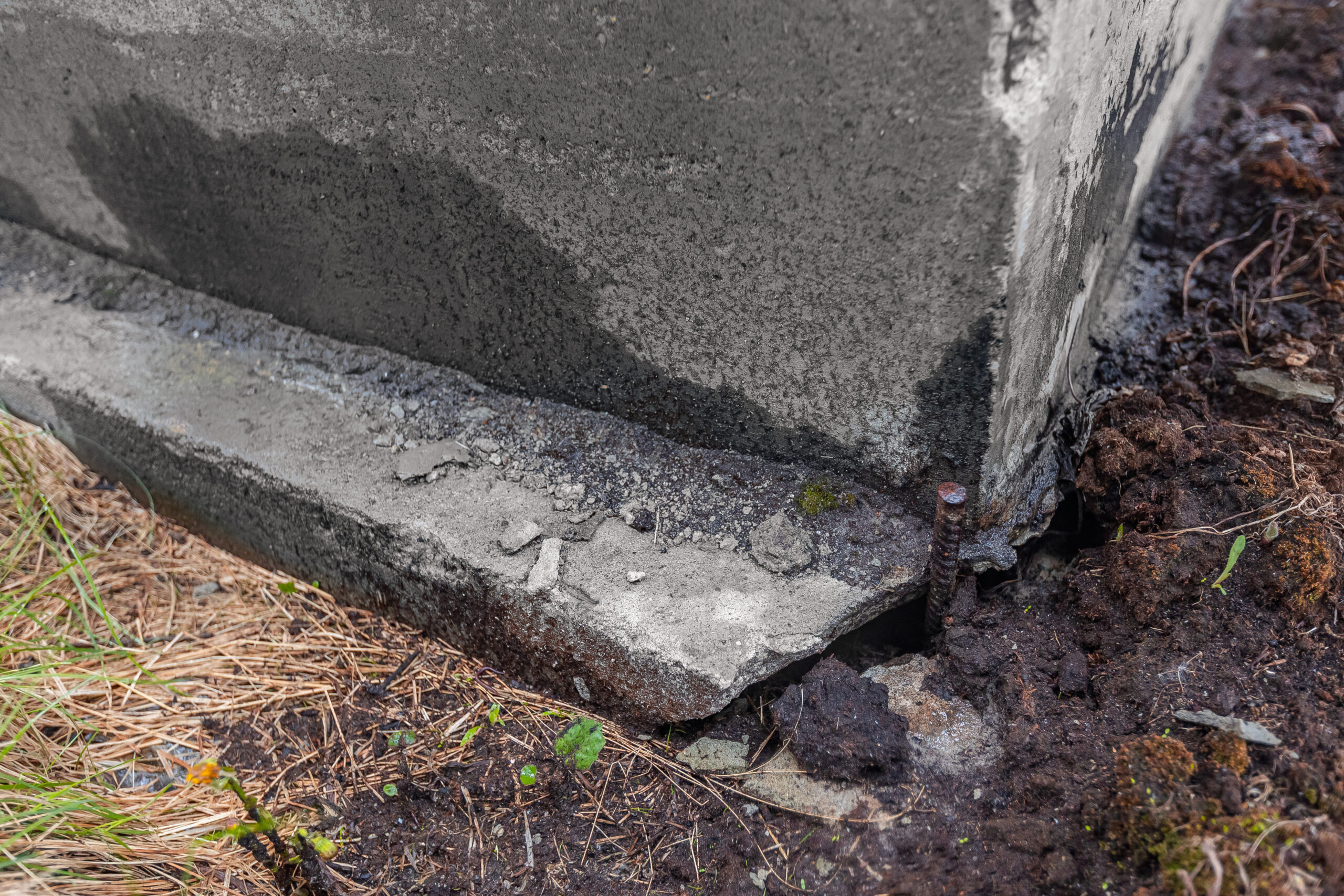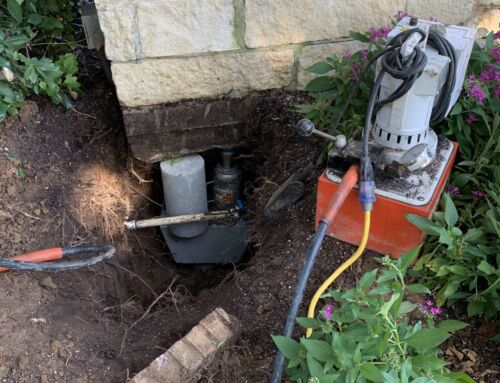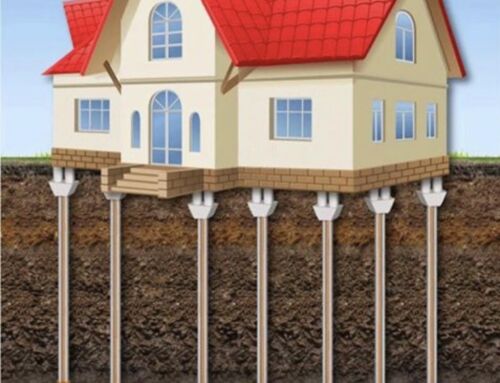Maintaining your home’s foundation is essential, especially in Texas, where the soil’s behavior can significantly impact the stability of your property. While some homeowners swear by watering their foundations to prevent soil-related foundation movement, others dismiss it as unnecessary. The idea that “watering a foundation is a myth” is a common misconception, but the truth is that proper foundation watering is a crucial practice for preserving your home’s structural integrity.
In this article, we’ll clarify why foundation watering is essential, debunk common myths, and provide tips on how to create an effective watering routine.
How Foundation Watering Works
To understand why foundation watering is effective, it’s important to know how soil interacts with moisture. The soil under your home expands when it absorbs water and contracts when it dries out. This movement can cause the soil to pull away from your foundation, leading to gaps that may cause settling or sinking. Conversely, overly saturated soil can exert pressure against your foundation walls, potentially leading to cracks and other structural damage.
Watering your foundation helps maintain balanced moisture levels in the soil, preventing the extremes of contraction and expansion. This proactive approach stabilizes the ground beneath your home, reducing the risk of foundation damage. Common methods for foundation watering include using soaker hoses or drip systems, which provide controlled and even water distribution around your foundation.
By regularly watering your foundation, you help create a stable soil environment, ensuring that the foundation of your home remains secure and intact. Far from being a myth, this practice is a vital part of home maintenance.

Debunking Common Watering Foundation Myths
Despite the benefits of foundation watering, several myths persist that can lead homeowners to neglect this important task. Let’s address some of these misconceptions.
Myth 1: Foundation Watering is Unnecessary
Some homeowners believe that foundations are robust enough to withstand soil moisture fluctuations without intervention. However, experts agree that maintaining soil stability is crucial for a healthy foundation. Consistent moisture levels are key to preventing the soil from contracting or expanding excessively, which can lead to significant foundation problems over time.
Myth 2: Rainwater is Sufficient
While rain contributes to soil moisture, it’s not always enough to maintain consistent levels, particularly in regions with irregular rainfall like many parts of Texas. Relying solely on rainwater can leave your foundation vulnerable during dry spells, making supplemental watering necessary to ensure consistent soil moisture.
Myth 3: Overwatering is Better
It’s a common misconception that more water is always better. Overwatering can cause soil to expand excessively, putting undue pressure on your foundation. The key is to maintain the right moisture balance. Monitoring soil moisture is essential to avoid both overwatering and underwatering.
Myth 4: Seasonal Watering is Adequate
Some believe that watering only during dry months is sufficient. However, foundation watering should be a year-round practice. Inconsistent watering can lead to soil contraction and expansion over time, increasing the risk of foundation issues. A consistent watering routine, adjusted for seasonal changes, is essential for maintaining foundation stability.
Myth 5: Foundation Watering Alone Prevents Damage
While foundation watering is effective, it is not a catch-all solution. Other factors, such as poor construction, tree roots, plumbing leaks, and poor drainage, can also cause foundation problems. If your foundation shows signs of damage, such as cracks, uneven floors, or doors that won’t close properly, it’s crucial to have a professional evaluate the situation and recommend appropriate repairs.
Tips for Creating a Foundation Watering Routine
Establishing a proper foundation watering routine is essential for maintaining the health of your home’s foundation. However, it’s important to tailor your approach to the specific conditions around your property.
Tailor Your Watering Schedule to the Season
North Texas experiences diverse weather patterns, from hot, dry summers to cooler, wetter seasons. During summer, it’s best to water early in the morning or late in the evening to minimize evaporation and maximize absorption. In winter, water when the sun is high to prevent water from freezing in the soil. In spring and early fall, reduce watering frequency to avoid oversaturating the soil.
Consider the Soil Type
Soil type plays a significant role in determining how often you should water your foundation. In North Texas, the common soil types include clay and loam. Clay soil retains moisture well, so it may require less frequent watering, but it’s important to ensure deep penetration. Loam soil requires consistent moisture, so watering every four to five days might be appropriate.
By adjusting your watering routine based on the season and soil type, you can create a balanced approach that protects your foundation from potential damage.
Have Your Foundation Inspected by the Experts
While watering your foundation is an effective preventative measure, it’s not a substitute for professional evaluation. Before implementing a watering routine, have your foundation inspected by a professional. They can assess the current condition of your foundation, determine the appropriate watering regimen, and identify any existing damage that needs immediate attention.
HD Foundations is a leading expert in foundation repair in North Texas. We offer free foundation assessments and can provide tailored recommendations to help you protect your home. Contact us today to schedule your evaluation and ensure your foundation is in top condition.





